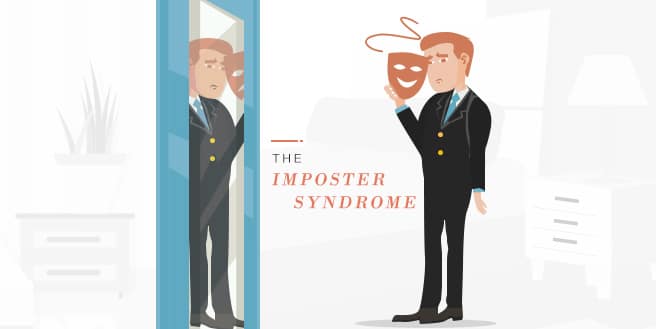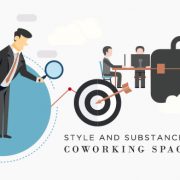Impostor Syndrome in Younger Workforce Generation
No matter the age, ethnicity or social class, we’ve all had to go through days of insecurity.
These are the days wherein we feel like we’re not enough – that what’ve done amounts to nothing. We carry around this irrational anxiety that a day will come when the people around us will find out about the façade that we keep wearing every day and they’ll see how much of a fraud we actually are.
We may have felt it when we were younger, when our parents pushed us to do better in our studies and may still find ourselves sinking in the same feeling at work. The accomplishments and successes we’ve earned are underserved. We convinced ourselves enough that we start to debate whether we deserve the rewards we are receiving.
Imposter syndrome makes us doubt our competence and intelligence. It disables us to internalize the achievements we’ve earned and gives us an irrational fear of being found out to be double dealing. And this happens to almost everyone.
A study from the International Journal of Behavioral Science reported that 70% people suffer the same feelings. Individuals who challenge themselves more often – CEOs and entrepreneurs – are more susceptible because of the unstable nature of the industry.
The younger generation of the workforce could also be prone to Impostor Syndrome due to the undeniable fact that they are entering the market during a time of appalling technological advancements and the persistent comparisons in social media.
And because of the rapid growth of technology, majority of us are constantly learning something new on each project that we work on – this could potentially result to people feeling lost in their field of expertise.
People may use their Facebook accounts and LinkedIn pages to make it seem like they’ve got everything together. But there’s a huge possibility that it isn’t what it is in actuality.
Rethinking Success vs. Impostor Syndrome
Chances are, when a person is going through that point of their career, shaking it off won’t be easy. They’ll probably recover from it and slowly go back to their normal routine, but there’s a big chance that they may never be able to rid themselves of it but there are ways that can help us manage these doubtful thoughts.
Start by identifying what is bothering your confidence. Could it be the new job title or the pressure that came with the new project you recently got? And though each explanation may differ from one another, most cases provide obvious answers; we are simply underselling ourselves.
After doing so, try and confide to someone about it. Call up someone you trust and talk to them about your dwindling self-confidence. It’s best to choose a person who sees you outside of the normal working environment, they can help figure out whether those feelings of dread are irrational and could help remind you of all the achievements you have done.
You can also remind yourself of all the little successes you have made by having your very own accomplishment box. Recount your most recent achievements and write them down in a piece of paper or a bunch of post it notes. Take a look at everything that you’ve earned and reflect on the hard work you’ve exerted just to get to where you are now.
Be part of a supportive network in the office. Psychologist Dr. Pei Han Cheng at the Center for Counseling and Consultation of St. John’s University in New York City says that the worst thing people with impostor syndrome can do is isolating themselves from receiving validating feedback from other people.
In the past recent years, experts and other scholars have put an emphasis on the importance of cultivating a culture that promotes encouragement amongst colleagues. Moreover, the work force itself has emphasized their desire to have a support network at work.
One proof of this growing need is the sudden boom of the coworking movement. Though admittedly, it is commonly known to cater freelancers and other solo entrepreneurs in the industry, its known benefit of creating a tight-knit community appeals to both remote workers and normal employees.
The relaxed environment present in majority of these shared offices help in creating strong affiliation within its members. The trusted bonds that they have created amongst one another helps alleviate impostor syndrome. In addition to this, social gatherings and other events are also held to strengthen the relationship of teams and the whole community itself.












Leave a Reply
Want to join the discussion?Feel free to contribute!